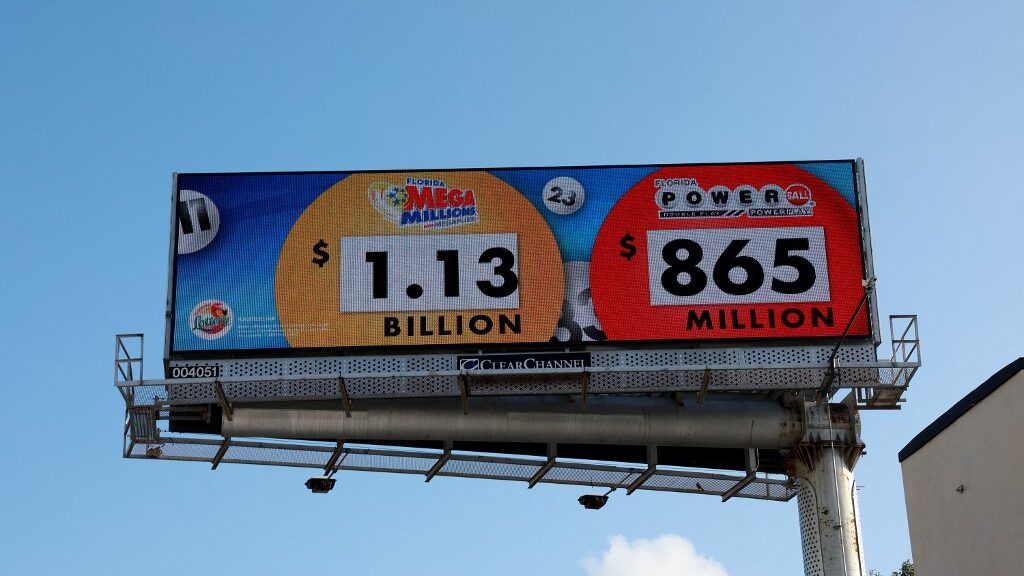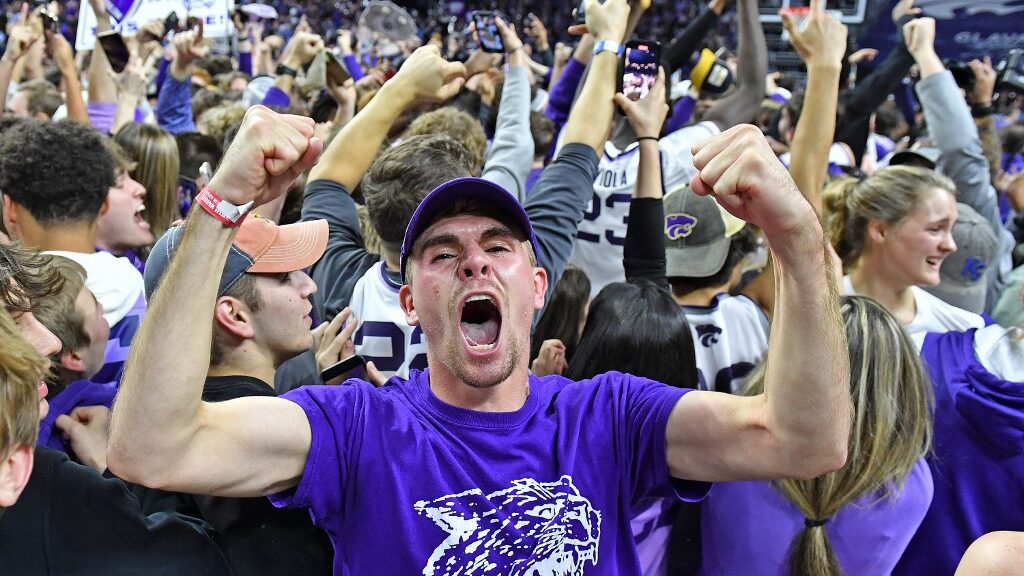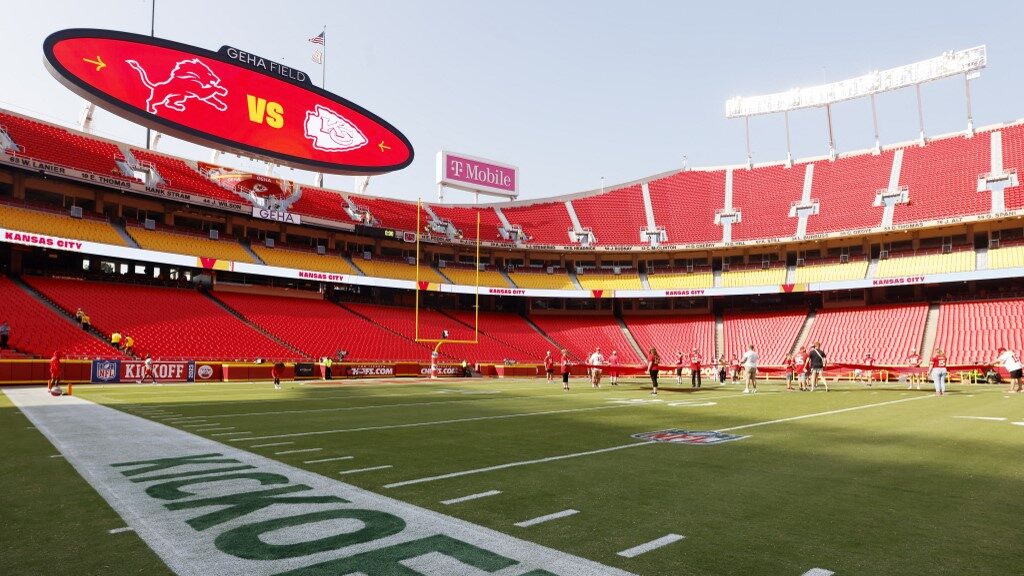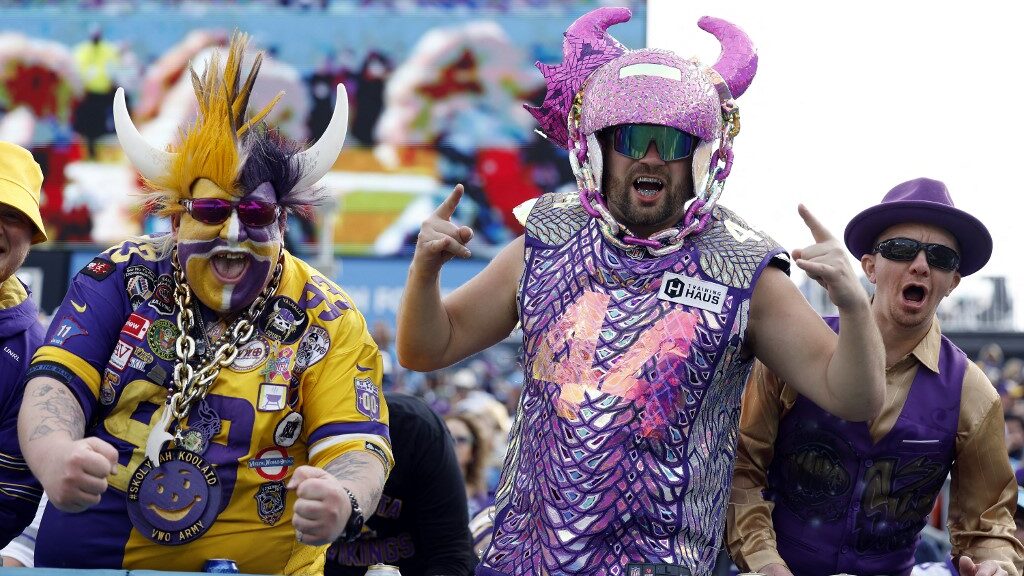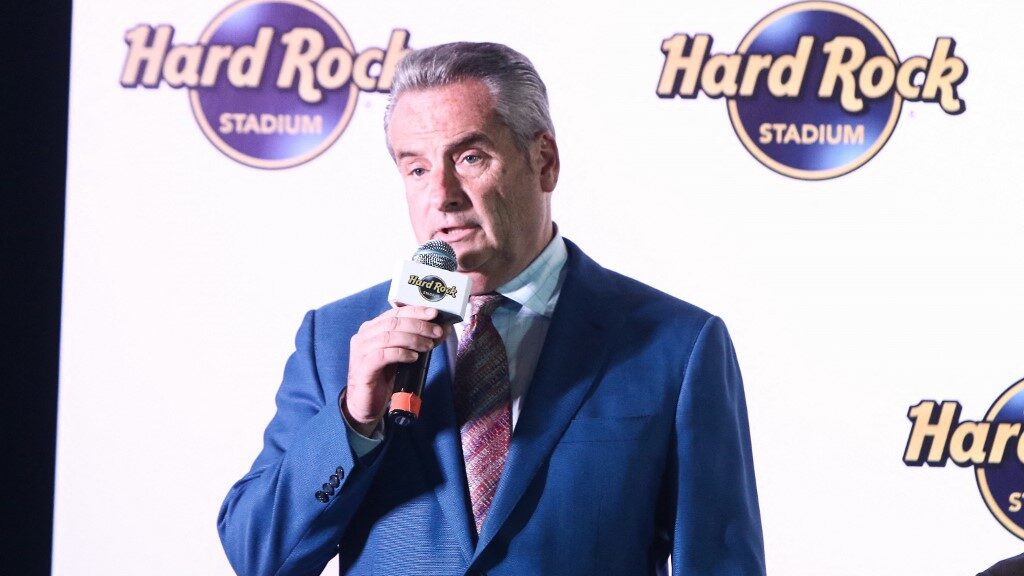
The Seminole Tribe’s Hard Rock Bet has a monopoly on mobile sports betting in Florida, but a recent interview with Hard Rock International Chairman and Seminole Gaming CEO Jim Allen hinted that the company could be open to a partnership with one of the industry’s major operators.
The More the Merrier?
It was a long and litigious road to get mobile sports betting launched in the Sunshine State, but ultimately West Flagler Associates ran out of legal ammunition, and the monopoly on sports betting was granted, courtesy of a long-term compact with the state, to the state’s Seminole Tribe and its Hard Rock brand.
West Flagler, a parimutuel company based in Coral Gables, wasn’t the only entity vying for a piece of Florida’s lucrative sports betting pie, but it was the last one to maintain its legal battle. Industry leaders FanDuel and DraftKings had long given up the fight and decided it was better to be friends than enemies with the tribe. That strategy appears to be paying dividends, but the payoff is far from a foregone conclusion.
“I would say whether it’s FanDuel or whether it’s DraftKings, we’ve actually developed a great relationship with them,” Hard Rock International Chairman and Seminole Gaming CEO Jim Allen said in an interview at the Global Gaming Expo in Las Vegas, Nevada.
The appeal of partnering with the most widely recognized brands in the industry could bring increased profits to the Hard Rock brand as long as they are getting a significant piece of the revenue and will reap an overall net gain even if it means losing its monopoly.
“We do recognize that long-term, some type of strategic relationship with some of the brands that really have marquee value could be helpful to both of us, and we are receptive to those conversations,” he said.
Working Together
Amy Howe, FanDuel’s CEO, spoke about cooperating with tribal nations at the Indian Gaming Tradeshow & Convention in Anaheim, California, earlier this month.
“I think if we can work together and figure out a structure that goes through the tribes but also takes full advantage of what we’ve built over not just six years of being an operator of online sports betting in the US but we’re also backed by the largest global gaming company, there’s something really powerful that we can do together,” she said.
The same adversarial approach that FanDuel and other national operators took in Florida was compounded in California. The tribes did not appreciate the lack of respect for their sovereign status and made that abundantly clear in the aftermath of getting mobile sports betting defeated in the Golden State.
If digital wagering does come to California and the Seminoles are willing to partner in Florida, it will have to be under the tribes’ terms and authority. Howe subsequently acknowledged that the coalition of national sportsbooks’ previous efforts were “well-intended but misguided and ill-informed.” James Siva, chairman of the California Nations Indian Gaming Association (CNIGA), said at the same panel discussion, “Expansion of gaming is going to happen. It’s a matter of when, not if. But when that does happen, tribes are going to remain in control. We will partner with companies; we will utilize products. But tribes are the operators in California, period. That’s it.”



